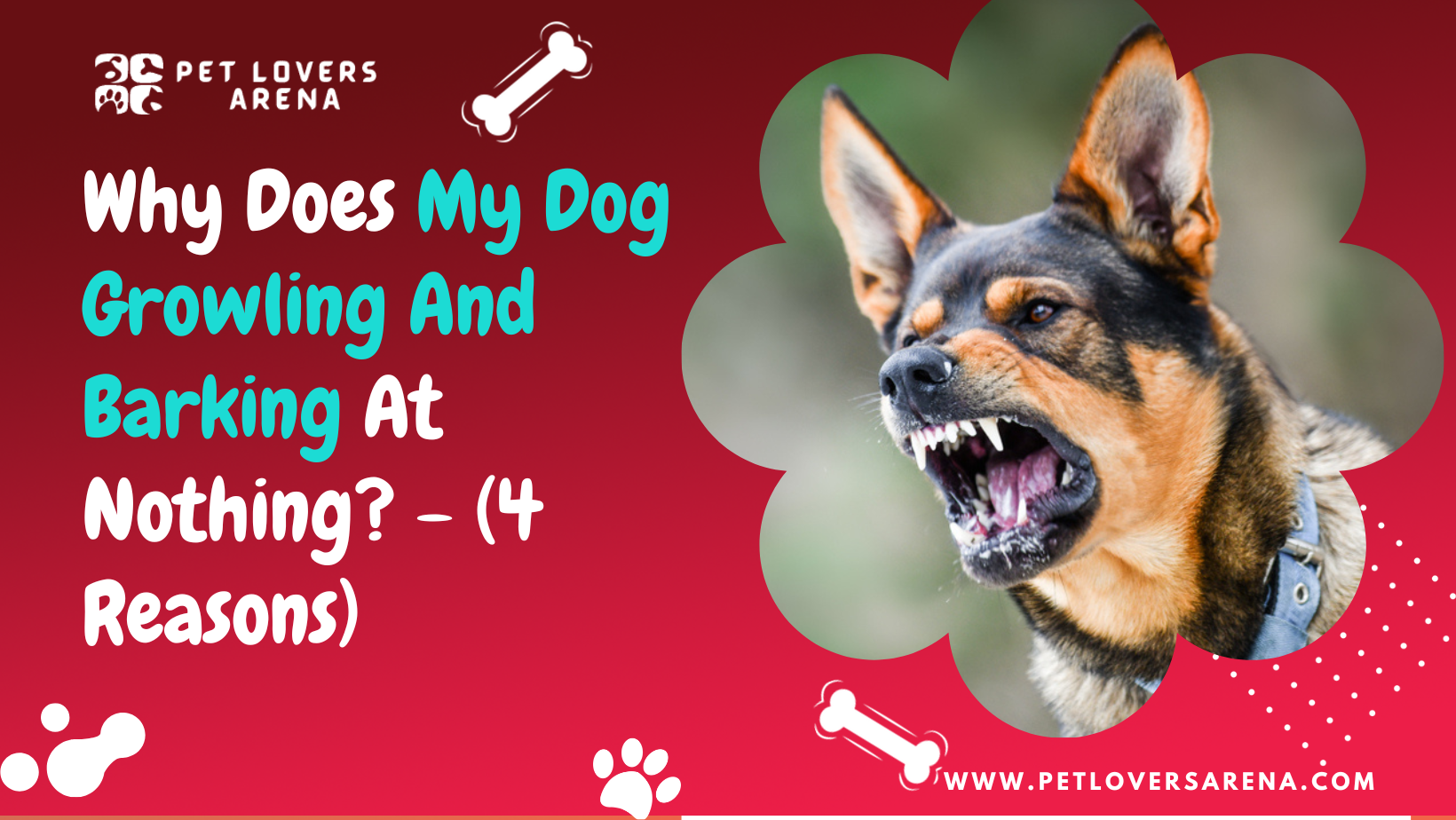Most times, your dogs can comprehend incidences you cannot understand. This is mainly because they can sniff it. Most of their senses are stronger than humans, be it their sense of smell or hearing.
Both dog parents had witnessed a change in behavior before some incident and realized that their unusual behavior indicated some danger.
Or it could be something that has already occurred which led to a trigger in them, and they growled to warn you against any impending danger.
Both ways, your dog has a reason to growl, and you need to understand the reason behind their behavior to ensure that the message they are trying to send you reaches you, eventually.
But this doesn’t mean you should cast away all the possibilities of your dog growling without any reason. Sometimes, dogs behave in peculiar ways and could be growling or barking at almost nothing.
So, in the end, if you feel you cannot find a proper reason behind your dog’s growing or baking, chances are that there are no specific reasons.
But before reaching such a conclusion, do go through all the below-mentioned reasons (that mostly have to do with the dog’s innate qualities) to rule these out.
Reasons Why My Dog Is Growling And Barking
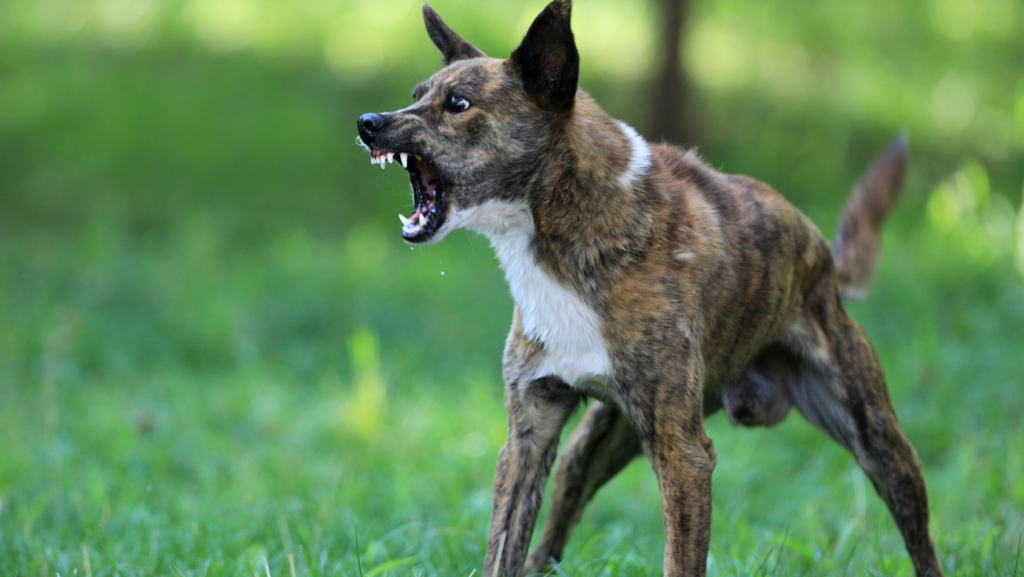
If your dog has been growling and barking instantly, you can e rest assured that it won’t stop on its own.
A dog’s behavior might become more prominent the longer it is allowed to be. Your dog may experience an adrenaline boost from barking, which makes it feel wonderful to bark.
An exhausted dog is typically quiet. For example, allowing the dog to bark can cause frustration and violence when a stranger knocks on the door. Basic training, lots of mental and physical stimulation for your dog, and frequently the help of a behaviorist or trainer are all necessary to stop your dog from barking.
You can do a few things to ensure your dog doesn’t behave in such a manner. Amongst the few things, you try not to leave them alone for extended periods and ensure they get lots of exercises.
1. A Strong Sense Of Smell
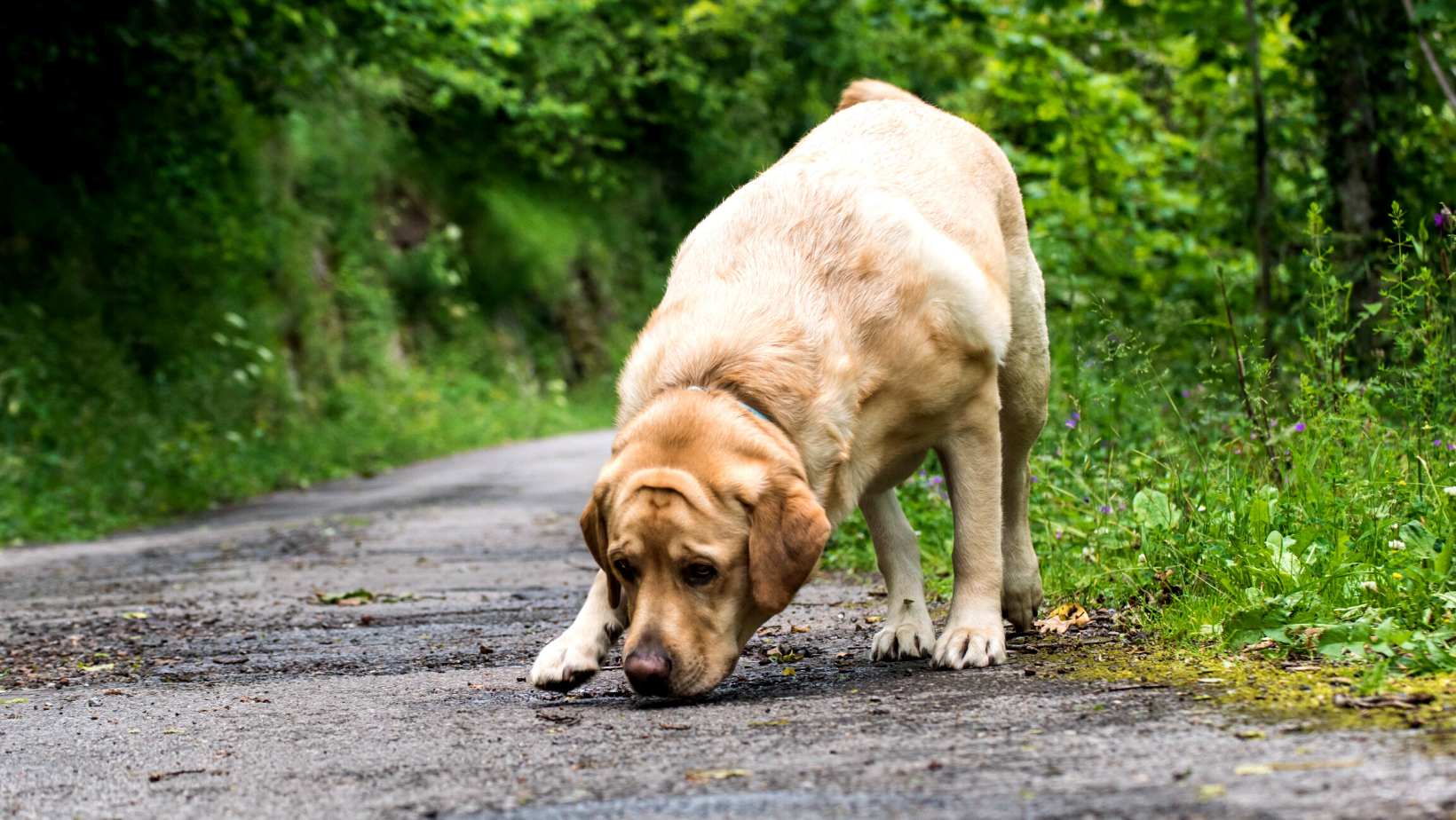
There is no doubt that a dog’s sense of smell is far superior to ours. While humans are not particularly poor at sniffing, dogs are far superior. So, it is possible that your dog is growling because they have smelled something around them.
Did you know that they can also autonomously move their noses, a talent uncommon in humans? They have a keen capacity to identify which side of their nose a smell originates from when you combine that with the position of their nose on their face.
Their noses were designed to appreciate scents. We also inhale air into our lungs when someone breathes in through their noses.
Since dogs have a much better sense of smell than humans, if your dog appears to be growling at nothing, take a moment to examine and see if they might be responding to something you are unaware of.
Your canine friend may growl as they can smell one of the following scenarios. However, it depends on your and your friend’s circumstances.
A new smell that could be long to something you just brought into the house
Anything that may have a peculiar smell, as most carton packs do, too can trigger a reaction in your dog. To your dog, whatever you bring inside will also make it acutely aware of who handled the container and where it arrived from.
So, if they suddenly growl when you enter with a foreign article, you know your culprit.
Similarly, if there is a visitor’s odor in your home, your dog could react to that as well. Your dog could be barking at the location where the sweaty palm of your guest was. Or perhaps your pet dog didn’t get to meet a friend of yours, who came and probably sat on your couch.
Does that friend own a dog, cat, or other pet, or a strange odor? Because if that is the case, your dog finds it unbearable and could be growling at that.
Harmful gases
You probably need to realize how many homes and apartments have at least one pilot light going at once. Although your dog will undoubtedly detect this smell before you do, it is detectable to people at high concentrations.
Your neighbor is grilling or is putting out another fire. On the other hand, they might be grunting out their annoyance due to the smell of the food being cooked next door.
Since most people have chimneys installed in their kitchens, your dog might also be startled by the scent of fire emanating from nearby chimneys if there has recently been a cold snap.
Chemicals
The harmful chemicals used in pest control or fertilizer, even in your neighborhood, can cause distress to your pet.
Particularly organic fertilizers frequently contain highly odorous and alluring ingredients for canines. They might smell fertilizer if you or your neighbors have recently cleaned up your flower garden.
2. Sense of Hearing
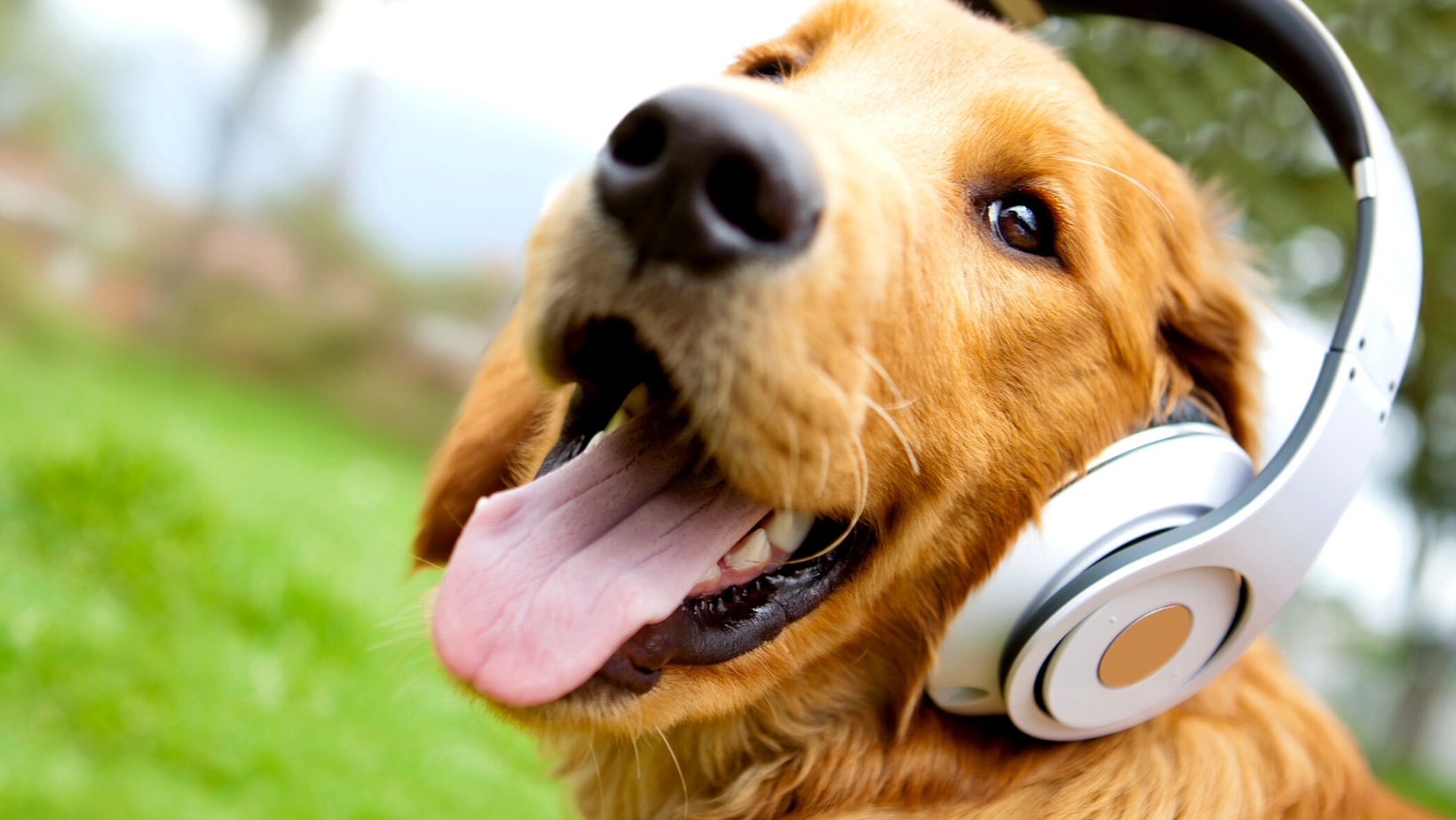
We all know about dogs’ great sense of smell, but did you know that they also have an amazing sense of hearing? Their sense of hearing is far better than that of humans, and this can be a problem once in a while.
In contrast to a person’s ears, comparatively relatively small, a dog’s larger ears can absorb more sound.
Notably, dogs have a wider frequency range than humans. Sounds vibrating faster than 20 vibrations per second are inaudible to humans (20,000Hz). If we could hear it, it would sound like a scream that could shatter glass and have a very high pitch.
Dogs, on the other hand, can hear a wider range of sounds than humans since they can detect sounds up to 50,000 vibrations per second (50,000Hz). Because of our physical differences, dog whistles are audible to them but undetectable to us.
Additionally, these higher-frequency noises have a greater range of propagation. Dogs are, therefore, more equipped to hear distant sounds than humans.
The following are examples of everyday noises that your dog might growl at even though they seem little to you:
Construction
Your dog can become agitated by the constant “beep, beep” of a truck backing up. In addition, your dog could become overwhelmed by the irregularity of loud noises, especially if they don’t see it.
A barking dog
Your dog can hear it even if you can’t.
Although a dog’s communication is mostly focused on humans, it is equally crucial for dogs to communicate with one another. For example, if you can’t hear the barking dog, your dog might be growling at it.
Talking pedestrians or children playing outside
Your dog can become alarmed or fearful if the neighborhood children scream and cry.
Similarly, when strangers know that there is a dog in the house, they may make playful noises to attract the dog’s attention, which may have gone unnoticed by you, but would have made your dog uncomfortable.
Electrical buzz
Your dog can detect a faint humming from your electronics, which could eventually irritate them and cause them to snarl.
A dripping water pipe
Your dog might hear a small drop from a leaking or ruptured pipe before the pet owner even discovers an issue.
Dogs can be jittery, and it’s almost amazing that they ever experience a moment of quiet, given how much noise they can hear at any given time.
3. Sense of Sight
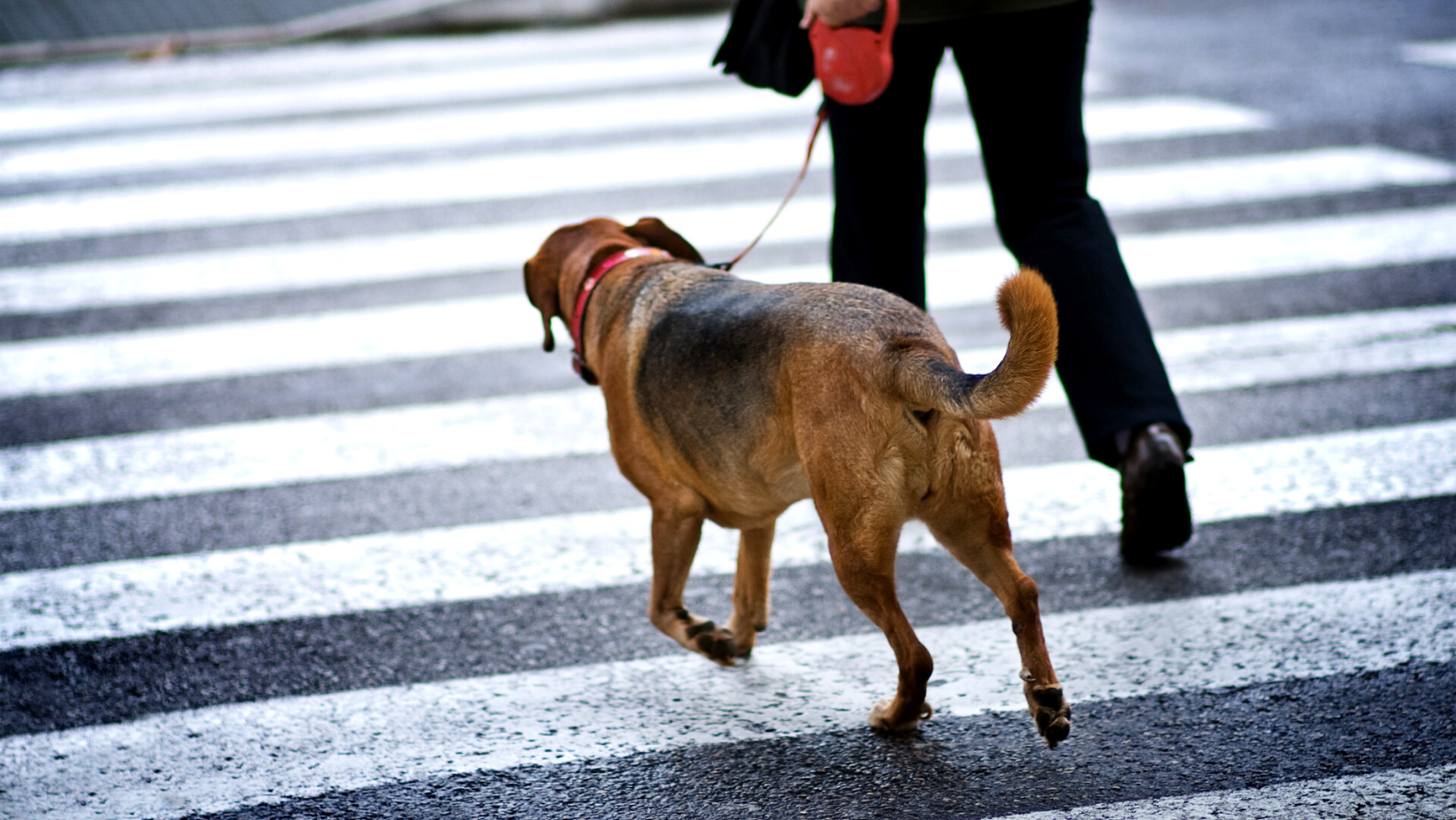
Your dog sees things you can’t dog vision differs greatly from human vision.
The dog’s eye’s anatomical structure serves as a mirror, reflecting light against the pupil and out of the eye, giving the pupil a second chance to view the scene.
Therefore, there’s a high probability that your dog can see something you cannot see if they are growling at nothing, especially at night. Examples of such things include:
Animals
You might be startled to find that while it appears that your dog is barking at nothing inside, it is growling at a mouse, lizard, or another small animal that has scampered beneath the couch.
Your dog might notice one of these and growl out of fear or aggression.
Bugs
Your dog will have no trouble spotting a fly, cockroach, or bug buzzing around the room at night when you might not be able to see it.
Individuals or intrusions
Even today, some people still use dogs as guard dogs to warn them when someone is approaching their house. Their night vision is essential if they are to serve in this capacity.
Your dog might spot someone arriving in the middle of the night and snarl at them if they are an unwelcome visitor or an opportunistic intruder.
Something strange
While it is true that dogs have greater night vision than humans, their vision is not entirely night vision. Therefore, they will still have trouble differentiating between humans, animals, and objects in some circumstances.
This may result in perplexing circumstances that you, their loving and attuned owner, will not comprehend or be a part of. When a dog is puzzled, they are more likely to snarl out its perplexity in fear or aggression.
If a guest or opportunistic intruder arrives in the middle of the night, your dog may notice them and growl at them.
Unusual circumstance
Although dogs indeed have better night vision than humans, this does not mean that all of their eyesight is at night. They still occasionally struggle to distinguish between people, animals, and objects.
This might lead to confusing situations that you, as their devoted and perceptive owner, will not understand or be a part of. When a dog is perplexed, they are more prone to growl in fear or aggressiveness to express its confusion.
4. Intuitiveness
Your dog can feel things we can’t. We know that variations in air pressure before storms change wind patterns, which enables your dog to sense a range of scents. Scientists are still determining what makes dogs able to foretell approaching storms.
As a result, your dog can detect those changes by smell and can therefore anticipate that, at the very least, something is altering in its environment.
On the other hand, dogs have demonstrated a remarkable sensitivity to magnetic field shifts, which frequently accompany thunderstorms.
It is stated that the metal pipes buried in the ground serve as grounding mechanisms, dissipating the electricity in that part of your home, though we are still determining this.
Additionally, porcelain can also diffuse electricity. Because of this, many dogs will seek refuge in the restroom during an electrical storm.
Again, your furry companion can detect these things without your knowledge. Second, your dog might feel pressure from the household’s social strain.
Even when you are not aware of it, dogs are very attuned to the emotional state of their family members, picking up on their movements and responding to them constantly.
They might pick up on your hints or, even if you aren’t intentionally putting anything out, they might be aware of your worry, anxiety, or other negative emotions and growl in response.
Should I Be Worried If My Dog is Growling at Nothing?
As discussed, there is not much to worry about in most cases. However, if you can’t figure out why your dog is growling at nothing, take him to the vet for a brief checkup.
Your veterinarian may be able to help and, if necessary, write you the appropriate prescription. The state of your dog’s health may also affect how it acts.
How to Stop a Dog That’s Growling at Nothing?
If you own a dog, you probably become agitated when it growls. Your initial response might be to correct or reprimand the dog for stopping it from snarling. That is never a wise move.
Dogs that bite without provocation may have been the subject of stories. However, in many instances, this is because the owners taught their dogs not to growl as a warning initially. You may prevent your dog from warning you that it might bite by teaching it that growling is unacceptable behavior.
The secret to persuading a dog to quit growling is addressing the underlying issue rather than trying to stop the growls. Once the issue has been resolved, the dog will no longer exhibit pain, fear, possession, aggressiveness, or territoriality.
Possession, aggressiveness, terror, and tyranny are all severe behavioral issues. You can assess the dog and decide the best course of action for resolving these difficulties with the assistance of a dog trainer or animal behaviorist. Depending on the severity of the behavioral issue, a training programme may work well for the dog, or a far more extensive behavior modification programme may be required.
When working with this trainer, be explicit about what you believe sets off the growling. The trainer will gradually train the dog to accept the trigger and refrain from growling in its presence.
Final Verdict
Each dog reacts to situations differently. Therefore, if you think your dog is behaving strangely, you must watch out for reasons.
The reasons mentioned above have been categorized based on what a dog without any disability could go through. However, suppose your dog has some medical condition that might cause discomfort. In that case, growling could be a way for them to articulate their pain.
Reward your dog as soon as you get some peace and quiet. You should encourage some calm if your dog barks loudly. They should put down their barking long enough to absorb the enticing aroma.
Try to get their attention to achieve this by using a favorite toy. Alternatively, you might place the treat right on their nose.
Meet John Patterson, an accomplished Dog Trainer and a dedicated advocate for building strong human-canine relationships.With years of experience as a Professional Dog Trainer, John firmly believes that well-trained dogs are a reflection of patient guidance and unwavering care. Beyond his training skills, he finds solace in grooming and playing with dogs, nurturing their physical and emotional well-being.

